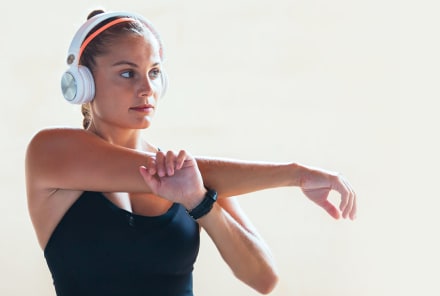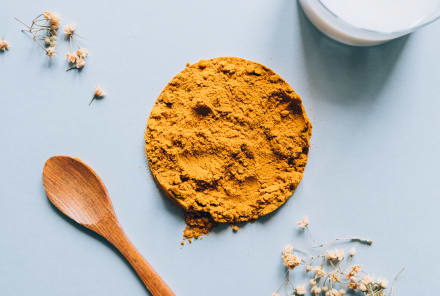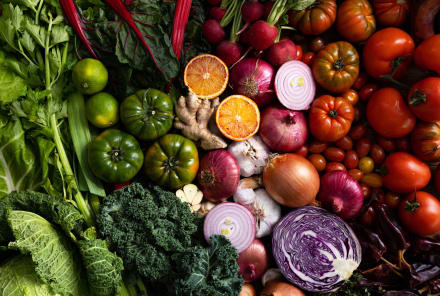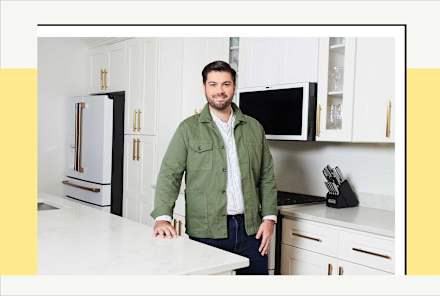Advertisement
Anosognosia: The Complicated Condition That Affects Most Dementia Patients

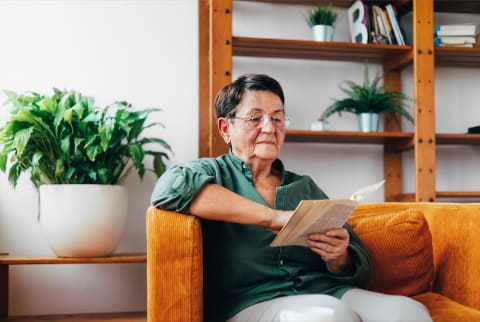
Coping with dementia presents significant hurdles for both individuals diagnosed and those who care for them.
One of the reasons it can be so difficult to navigate is due to dementia and Alzheimer's disease patients' inability to acknowledge or accept their cognitive deficits, a condition called anosognosia.
What is anosognosia?
Anosognosia means "without knowledge of disease"; it's a neurological condition where the brain can't recognize its cognitive or psychiatric illness.
Anosognosia is common in a number of neurological diseases and affects approximately 95% of early-onset dementia patients and 98% of late-onset dementia patients1, according to a 2021 Frontiers in Psychiatry article.
People with anosognosia are much more likely to downplay their symptoms and resist treatment. The combination of dementia and anosognosia symptoms might look like:
- A woman insisting she can drive after her license was taken away, then getting upset when her husband won't hand over the keys
- A mother struggling to cook elaborate recipes for holidays that she has made every year (mixing up ingredients, missing steps, etc.) but refusing help and getting frustrated when family members offer it
- A husband getting lost on his usual neighborhood walk but insisting he's fine to take the same walk again the next day because he "knows the route by heart"
Caring for someone with anosognosia
A person with anosognosia may forget their dementia diagnosis and the impact it has on their daily life. They may also have fluctuating levels of awareness around their condition and the tasks they need help with.
It's important to help your loved one experience independence when it's safe for them to do so. In other words, if they're able to do something without harming themselves, let them have that moment of self-sufficiency.
You can also suggest taking on activities (like cooking, cleaning, and errands) together, so they don't feel as though you're taking over or stepping on their toes. After all, how would you feel if people tried to do things for you that you've always been (and still are, in your mind) capable of doing?
When they become frustrated, sad, angry, or overwhelmed, acknowledging their emotions (rather than using logic) can help defuse the situation. And above all, don't take things personally—they aren't in control of their cognitive function, and their brain struggles to make connections the way it once did.
Anosognosia can look a lot like stubbornness and/or denial, but know it's a real condition that can make dementia symptoms that much more overwhelming. The 2021 Frontiers in Psychiatry article notes that anosognosia has been shown to increase over time with dementia progression and is more prevalent in dementia and Alzheimer's disease variants that impact the frontal lobe.
The measures for preventing the development or progression of anosognosia are similar to dementia-preventing tips: Maintain a healthy body composition, eat a well-balanced diet, and engage in physical activity regularly.
Taking a memory supplement may also help—for example, the bioactive citicoline has been shown to improve cognitive impairment and increase brain activity in the frontal lobe2, according to a 2020 Nutrients systematic review.
The takeaway
Up to 98% of dementia patients have a concurrent neurological condition called anosognosia, which makes it difficult for them to remember or be fully aware of their illness.
For dementia patients, this can be overwhelming and scary; for their caretakers, it can present additional challenges. If you think you or someone you love has anosognosia, be sure to discuss the best course of action with your doctor.

Which Is Healthier: One Drink Daily Or A Few Drinks On The Weekend?
Molly Knudsen, M.S., RDN

Women Are 2X More Likely To Deal With This Common Issue Than Men
Gretchen Lidicker, M.S.

Which Is Healthier: One Drink Daily Or A Few Drinks On The Weekend?
Molly Knudsen, M.S., RDN

Women Are 2X More Likely To Deal With This Common Issue Than Men
Gretchen Lidicker, M.S.

Which Is Healthier: One Drink Daily Or A Few Drinks On The Weekend?
Molly Knudsen, M.S., RDN

Women Are 2X More Likely To Deal With This Common Issue Than Men
Gretchen Lidicker, M.S.

Which Is Healthier: One Drink Daily Or A Few Drinks On The Weekend?
Molly Knudsen, M.S., RDN

Women Are 2X More Likely To Deal With This Common Issue Than Men
Gretchen Lidicker, M.S.

